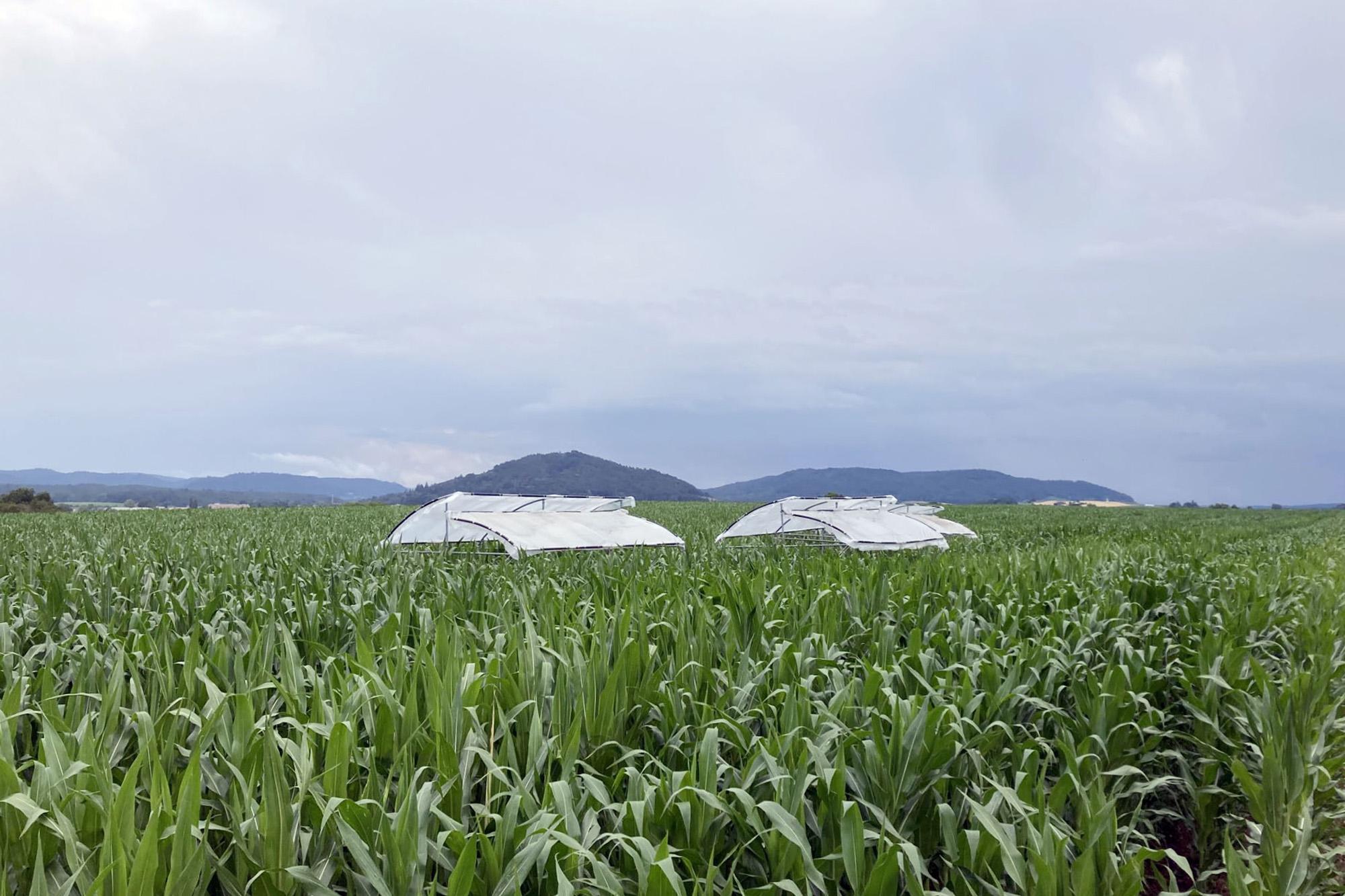Role of microbes in sustainable farming

This project uses beneficial fungi to enhance crop growth, reduce fertiliser use and improve drought resistance. It aims to develop fungi-optimised NBT crops for eco-friendly Swiss farming by enhancing plant signals.
Project description
What is the research project about?
Modern agriculture depends heavily on fertilisers, which can harm the environment. Beneficial soil microbes, like arbuscular mycorrhizal fungi (AMF), offer a sustainable alternative by improving plants' nutrient uptake and drought resistance. Recent studies showed AMF inoculation increased crop yields by up to 40% in Swiss fields, but many modern crops no longer benefit from AMF. This project focuses on restoring these partnerships, particularly through a plant molecule called strigolactone, which attracts AMF. Using advanced NBT breeding techniques, it aims to (1) enhance strigolactone production, (2) identify maize varieties best suited for AMF, and (3) understand Swiss farmers' views on adopting these practices. By combining expertise in genetics, chemistry, ecology, and social sciences, the team will create solutions tailored to Swiss agriculture, promoting more sustainable and resilient farming.
Why is the research project important?
The outcomes of this project could improve farming by reducing the need for fertilisers, improving crop resilience to drought, and helping farmers adopt sustainable practices. The results will directly benefit Swiss agriculture by focusing on native fungi and locally recommended maize varieties. Ultimately, this research could help breeders design crops that thrive with beneficial microbes, creating a more sustainable and climate-resilient future for farming.
Original title
Breeding for beneficial microbial associations.